Healthcare Denied: The impact of checkpoints on ambulance access
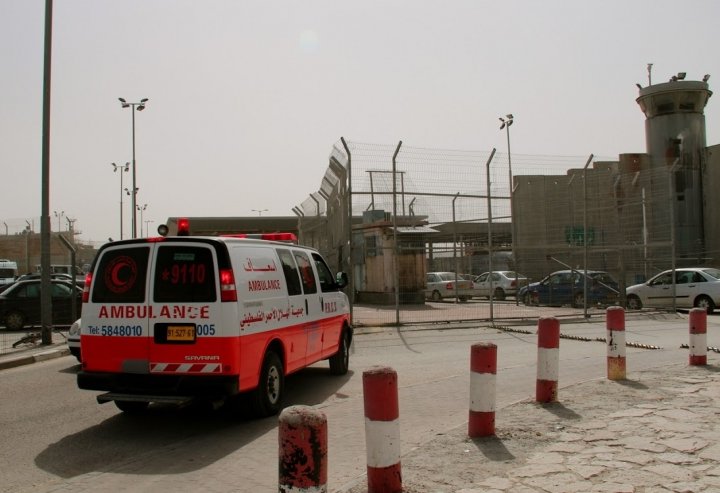
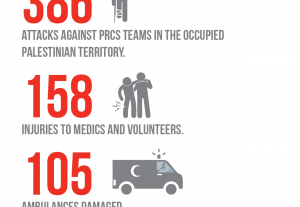
In partnership with Physicians for Human Rights Israel (PHRI), MAP have collated the statistics and cases outlined below demonstrate the issues faced by PRCS teams on a daily basis. They highlight the negative impact of checkpoints and, in particular, back-to-back ambulance transfers on journeys and, most importantly, on patient health.
BACK-TO-BACK TRANSFERS
In order to have access to appropriate medical care it is sometimes necessary for emergency and non-emergency patients to be transferred from the West Bank to hospitals in Jerusalem.
In the process of this transfer, any patient passing through a checkpoint into East Jerusalem in a Palestinian ambulance must be transferred from the Palestinian registered ambulance to an Israeli registered ambulance. This process causes delays, which can lead to transfers through a checkpoint taking sometimes five times longer, causing significant discomfort and medical risk for the patient as they are walked or wheeled between ambulances in sometimes critical condition.
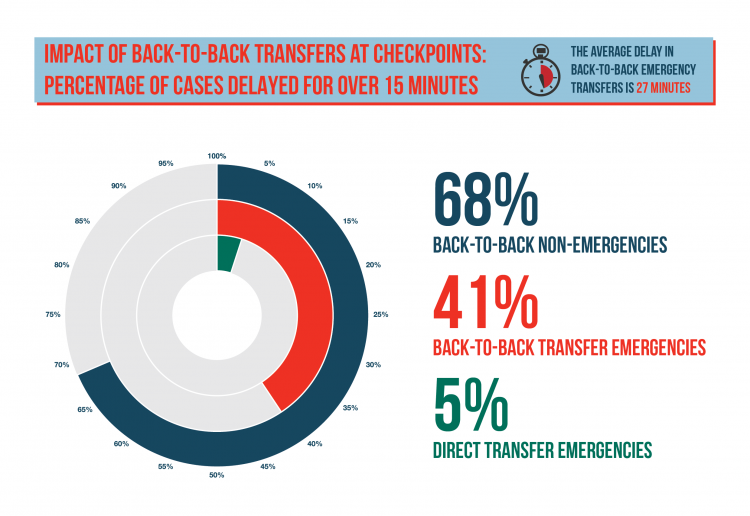
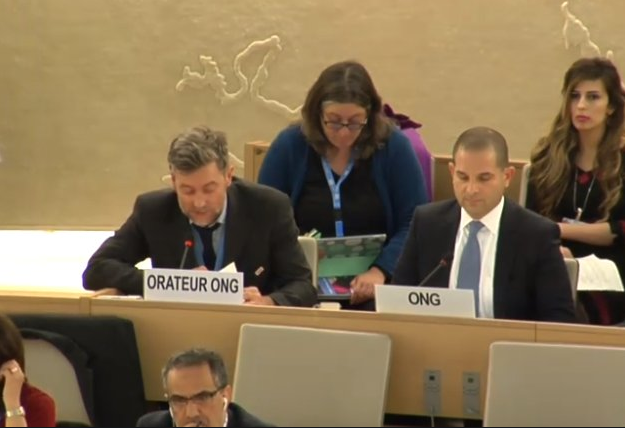
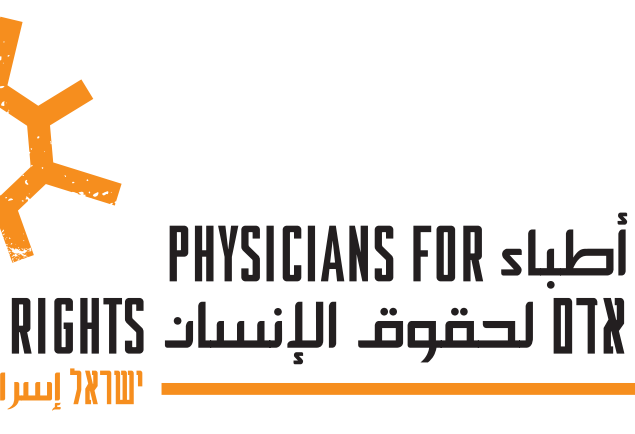
Featured image: A PRCS ambulance at a checkpoint. Image credit: Nuriya Oswald

